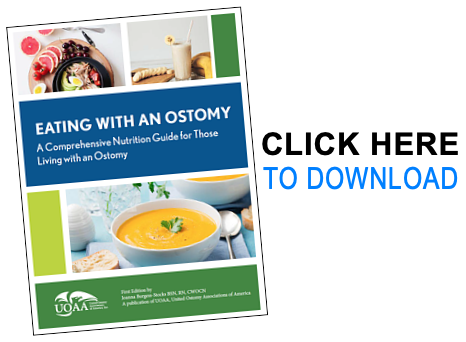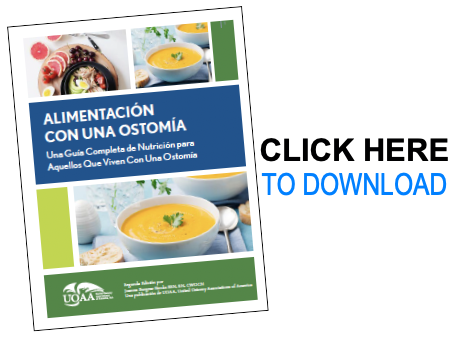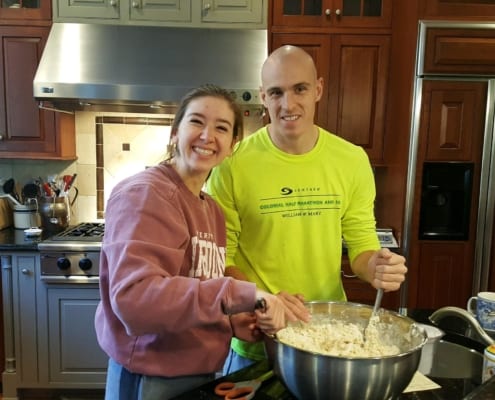 https://www.ostomy.org/wp-content/uploads/2020/11/4.jpeg
1406
2500
Contributor
https://www.ostomy.org/wp-content/uploads/2017/02/UOAAlogofinal2.png
Contributor2020-11-19 15:49:522025-11-20 10:45:13Holidays with an Ostomy
https://www.ostomy.org/wp-content/uploads/2020/11/4.jpeg
1406
2500
Contributor
https://www.ostomy.org/wp-content/uploads/2017/02/UOAAlogofinal2.png
Contributor2020-11-19 15:49:522025-11-20 10:45:13Holidays with an OstomyThere is no specific “ostomy diet” but there are important considerations as you discover the foods that work best for you.
For guidance, follow a nurse or doctor’s orders at each stage of your post-op adjustment. Individual sensitivity to certain foods varies greatly. You must determine, by trial, what is best for you; our newly released “Eating With An Ostomy” guide can help in this process.
Special Considerations
Blockages and Dehydration: Those who have had ileostomy surgery are most at risk of blockages and dehydration, but a good practice for all is to hydrate properly and thoroughly chew your food. If you suspect a blockage it requires quick attention and often an emergency room visit. Download our card for guidance and use in hospital visits.
Resources in Spanish:
Nutrition Support is most commonly used for vitamin B-12 absorption issues. In other severe cases intravenous and tube feeding may be needed. The Oley foundation can provide additional support in this regard.
Short Bowel Syndrome (SBS, Short Gut) is a rare but severe malabsorption issue. Short bowel syndrome generally occurs when a large portion of the small intestine has been removed by surgery or as a result of disease or injury. Know the symptoms and talk to a doctor to see if you are at risk.
Managing Diet with IBD and an Ostomy An IBD diagnosis can pose unique nutritional challenges for ostomates. UOAA has information on managing diet, finding a registered dietitian versed in digestive diseases, and recognizing mental health conditions such as Avoidant Restrictive Food Intake Disorder.
Nutritional Therapy for IBD is dedicated to improving the lives and outcomes of patients with Crohn’s disease or ulcerative colitis through the use of nutrition. Learn more from the non-profit Nutritional Therapy for IBD.
Read Our Latest Posts About Nutrition
 https://www.ostomy.org/wp-content/uploads/2020/11/4.jpeg
1406
2500
Contributor
https://www.ostomy.org/wp-content/uploads/2017/02/UOAAlogofinal2.png
Contributor2020-11-19 15:49:522025-11-20 10:45:13Holidays with an Ostomy
https://www.ostomy.org/wp-content/uploads/2020/11/4.jpeg
1406
2500
Contributor
https://www.ostomy.org/wp-content/uploads/2017/02/UOAAlogofinal2.png
Contributor2020-11-19 15:49:522025-11-20 10:45:13Holidays with an Ostomy
Date Night with an Ostomy
Colostomy, Digital Sponsor, Ileostomy, Nutrition, Ostomy Tips, Sexuality, Urostomy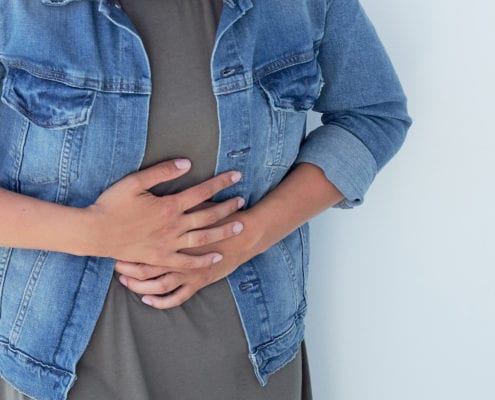 https://www.ostomy.org/wp-content/uploads/2020/08/diverticulitis-scaled.jpg
1707
2560
Contributor
https://www.ostomy.org/wp-content/uploads/2017/02/UOAAlogofinal2.png
Contributor2020-08-10 10:45:542020-08-10 10:45:54Diverting Diverticulitis
https://www.ostomy.org/wp-content/uploads/2020/08/diverticulitis-scaled.jpg
1707
2560
Contributor
https://www.ostomy.org/wp-content/uploads/2017/02/UOAAlogofinal2.png
Contributor2020-08-10 10:45:542020-08-10 10:45:54Diverting DiverticulitisContact Us
United Ostomy Associations of America
P.O. Box 2293
Biddeford, ME 04005-2293
Call us toll-free at: 1-800-826-0826.
Our Information Line hours are Monday-Friday, 9am to 3pm EST. If you have an emergency, please dial 911 or contact your local medical professional.
Please understand that UOAA is a private, nonprofit, advocacy and informational organization. We are not a medical facility and we do not have medical or legal professionals on staff. Therefore, UOAA does not provide Medical, Mental Health, Insurance or Legal Advice. Visit UOAA Virtual Ostomy Clinic provided by The Wound Company for non-emergency, virtual ostomy support.
Get Involved
UOAA is the leading organization proactively advocating on behalf of the ostomy community. Recognizing that we are always stronger together, we encourage everyone to get involved by joining our Advocacy Network. We’ve also created several Advocacy Tools and Resources to help you successfully advocate on behalf of the ostomy community to ensure every ostomate receives quality care.

